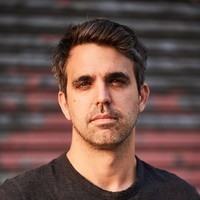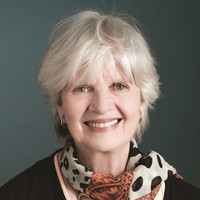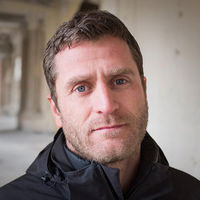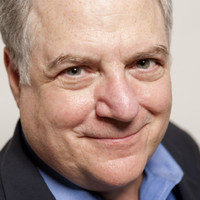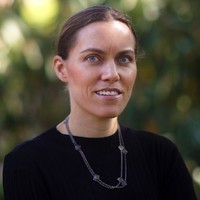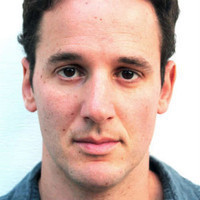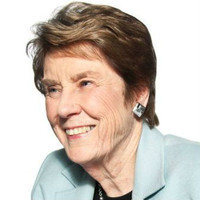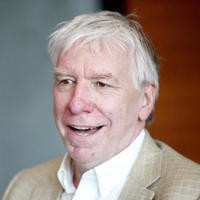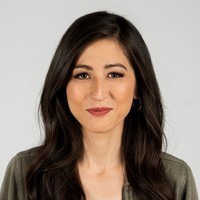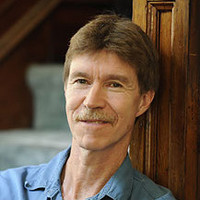Sheera Frenkel and Cecilia Kang are reporters for the New York Times. They are coauthors of An Ugly Truth: Inside Facebook's Battle for Domination.
“There are two types of reporters. There are reporters who date and reporters who marry. I think both Cecilia and I are reporters who marry our sources and by that I mean they are lifelong sources. It’s not a relationship that you build quickly. It’s one where you have to really let them get to know you as a journalist, show them that you are always going to be honest and do what you say and protect their anonymity and that you’re not biased. I think some reporters make mistakes in that they try to curry favor with sources by writing things they think the sources will like and I think sources actually respect you more when you show them: no I am accurate and I am honest and I am objective and I’m actually going to check what you tell me so that I know it’s true and you know I am doing my homework on everything.”





